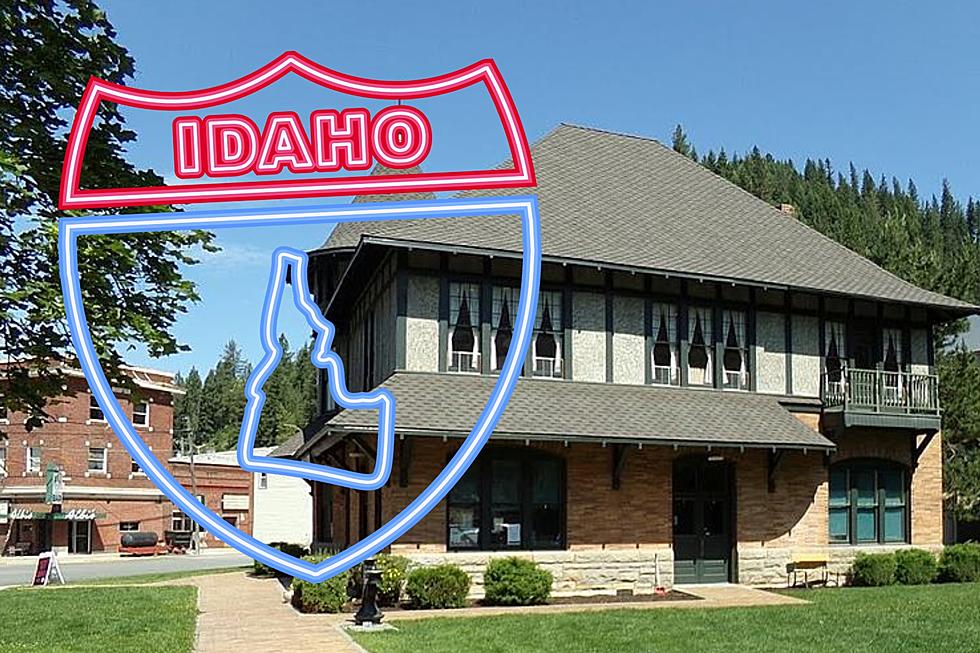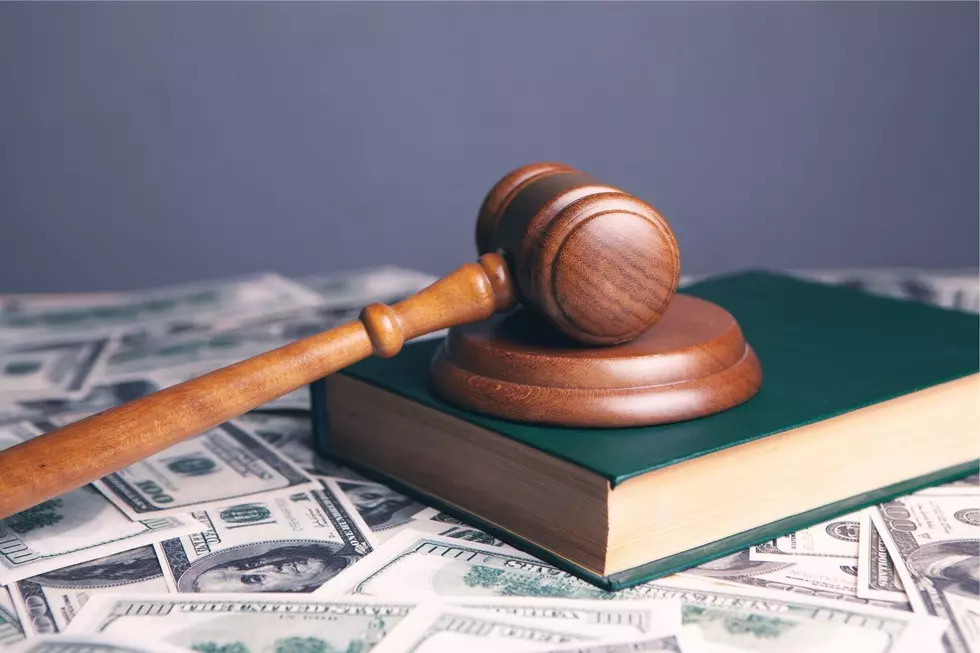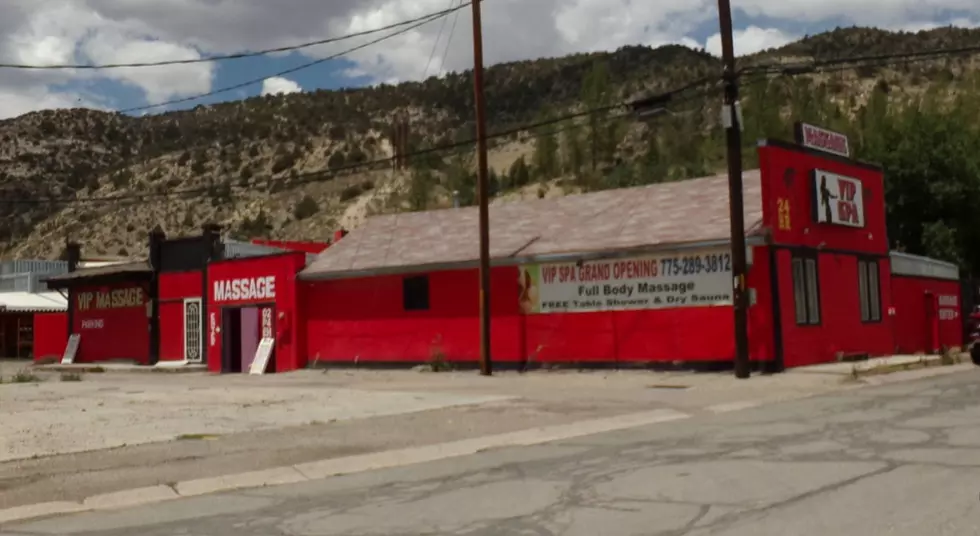
COVID-19 Creates Other health Issues on Tribal Lands
When I was a boy growing up next door to an Indian Reservation I was aware of the poverty. We made some friends with some kids when their family moved into an old abandoned gas station. They rode our school bus and were friendly and easily shared laughs. The windows of the gas station, which wrapped around three sides, were covered with blankets because the family didn’t have curtains. They stayed a few months and then moved to a larger reservation some 30 miles away.
We weren’t exactly wealthy but my dad bought a new car every couple of years and we got regular trips to the zoo and some nice southern vacations. It was quite a contrast.
The casinos made some tribes wealthy and in many places the proceeds did buy new homes or renovated places very much in need.
Many years later the government decided to make amends to native tribes and allowed gambling to flourish. It came with a promise of improving the lives of people who found it difficult to get loans for homes or businesses on tribal lands. The casinos made some tribes wealthy and in many places the proceeds did buy new homes or renovated places very much in need. Some states then became jealous of the haul. In my hometown the smoke shops and gas station opened by the tribe became a bone of contention when neighboring Caucasian business owners objected to competition.
Now another assault on casinos owned by indigenous tribes is underway. COVID-19 has forced many to close but the result has been additional health problems. In many places, the revenue funded healthcare. I came across this link today and once again there’s an argument to be made when we tell these people tribal lands are sovereign, we should actually mean what we’re saying. It was my experience when I was young that when there was trouble on the reservation, outside governments often set aside national boundaries.
The time to let our neighbors conduct their own live is long overdue.
More From News Radio 1310 KLIX









